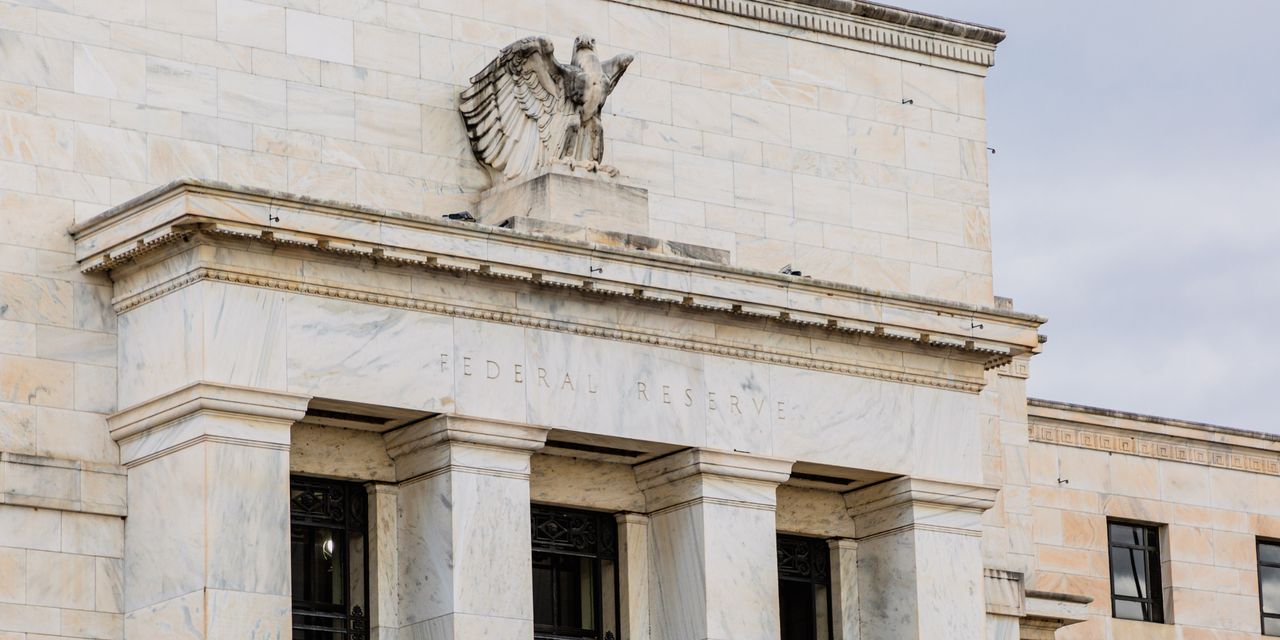
Improving market conditions are kindling hope that startup investment could improve somewhat this year after a dismal 2023. But a look at how deal volumes collapsed suggests it could be a while before any meaningful rebound.
Investment into U.S. startups dropped for the second year in a row in 2023, according to data from research firm PitchBook, to its lowest level in four years. The tech industry broadly experienced a downturn during that stretch, but the biggest crimp on venture-capital flows came from rising interest rates. Venture firms struggled to raise new funds as their backers sought returns elsewhere. And appetite for initial public offerings by tech companies was meager.
Here is a look at the startup industry’s misfortune—and what it might take to turn it around.
Plummeting deal volume
Rate cuts triggered by the pandemic fueled an investment boom in Silicon Valley, where investors in search of yield poured billions of dollars into high-growth companies. Funding for U.S. startups topped $300 billion in 2021—more than double the prior year—pumping up valuations.
But a series of steep rate increases beginning in 2022—the fastest pace in four decades—sapped desire to chase returns in the riskier world of startups. Venture funding dropped for a second year in a row to $167 billion last year.
Venture capitalists like to say that the best companies can weather any macroeconomic storm. Take OpenAI, which is set to roughly triple its valuation to almost $90 billion.
But for most of startup-land, the era of cheap money was over.
The industry’s largest investors slammed on the brakes.
Tiger Global Management, the New York investment giant that epitomized the startup boom, completed just 20 deals in U.S. startups last year, down from 194 in 2021. The venture firm Andreessen Horowitz did 145 such deals last year, compared with 239 in 2021.
SoftBank, which ignited the era of big money in Silicon Valley seven years ago, did just seven deals.
Investment firms struggled to draw in new money. Venture capitalists raised 481 new U.S. funds last year from their investors, known as limited partners, the fewest since 2013.
The resulting decline in money pumped into startups was widespread, affecting sectors including financial services and healthcare. Many companies slashed staff and rewrote growth plans. Some closed.
Generative AI–a brief glimmer of hope
A rare bright spot for venture capitalists was generative AI, the technology powering ChatGPT. Funding for that sector shot up nearly fivefold last year from a year earlier as investors bet on its potential to reinvent things including online search and mental-health counseling.
Still, the riches didn’t flow down equally. Aroundtwo-thirds of the $25.4 billion committedto generative AI funding went to two startups—OpenAI and its biggest startup rival, Anthropic. The bulk of the funding committed to OpenAI and Anthropic came from the tech giants—not venture capitalists.
Projected rate cuts are a reason for optimism
The Federal Reserve has indicated it is likely to cut interest rates this year, meaning that investors might be more willing to bet on riskier assets like startups. Share prices for Coinbase, DoorDash and other public, venture-backed companies have rallied over the past few months, and bitcoin is once again surging in value. Publicly traded stocks are near record highs, led by big tech names.
Lower rates might also help the IPO market rebound, allowing venture capitalists to finally cash out on their startup shares. The number of new tech listings took a steep dive beginning in 2022, ending what had been two years of record profits delivered to limited partners.
But even if those projected cuts materialize, the zero-interest-rate era that fueled the pandemic-era boom isn’t expected to come back soon.
“The expectation for what a good company is, and how much risk you can take and how profitable you need to be and whether or not you are cash flow positive, those rules today are dramatically different than they were three, four years ago,” said Bill Gurley, a general partner at the venture firm Benchmark, on a tech podcast this month.
The upshot is that startups will continue facing pressure to cut costs and move toward profitability. Those that aren’t able to might not survive.


